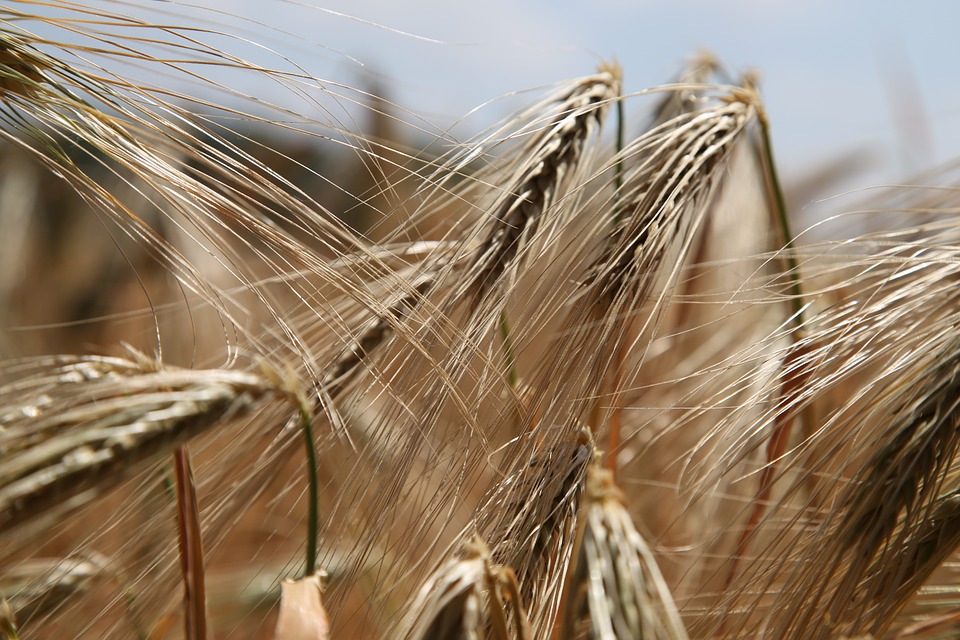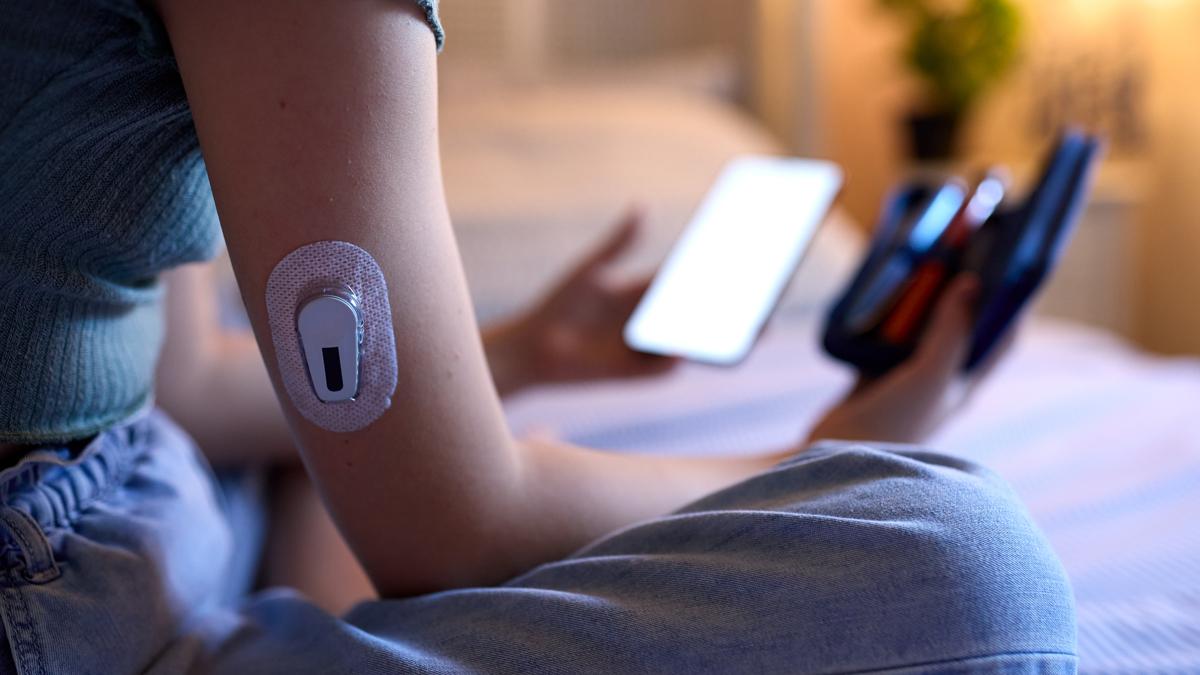GSK buys Avalon-partnered Sitari and its coeliac drug

GlaxoSmithKline’s longstanding collaboration with Avalon Ventures has resulted in a first deal – a buyout of Sitari Pharma and its lead coeliac disease candidate.
Sitari was the first company created as a result of a 2013 alliance with Avalon that was set up to fund and launch early-stage life science companies at Avalon’s COI Pharma incubator in San Diego, and has since been followed by several other start-ups.
The company’s therapeutic approach is to target transglutaminase 2 (TG2), an enzyme that is thought to play a pivotal role in coeliac disease, also known as gluten intolerance.
Gluten is a protein found in wheat, rye and barley that in coeliac patients stimulates an autoimmune response, damaging the small intestine and interfering with the absorption of nutrients from food.
TG2 is the human protein that is attacked by the immune system, and is also thought to catalyse a reaction with dietary gluten that contributes to the disease. Sitari is developing inhibitors of the enzyme, based on research conducted at the lab of company co-founder Chaitan Khosla, a chemical engineering professor at Stanford University.
GSK must have liked what it has seen at Sitari since it was formed, as it has bought into the programme before any of the start-up’s candidates have progressed beyond the preclinical stage of development.
It’s likely also attracted by the lack of therapies for coeliac disease, which affects millions of people around the world but can currently only be managed by restricting gluten in the diet. Early studies have suggested that blocking TG2 doesn’t affect the health of test animals, and could treat the disease without requiring lifelong dietary changes.
A vaccine approach to the disease pioneered by ImmusanT failed a phase 2 trial in June and has been abandoned, and there are no more than a handful of other therapies remaining in the pharma industry pipeline.
Other candidates coming through development include Provention Bio’s interleukin-15-targeting antibody PRV-015 and ImmunogenX’ latiglutenase, an oral therapy that breaks down gluten in the gut. Both have reached the phase 2 testing stage, while Innovate Biopharma has a drug called larazotide – billed as a tight junction regulator – in phase 3.
Sitari isn’t the only company with TG2 in its sights either. Germany’s Zedira GmbH is developing a TG2 inhibitor ZED1227 that recently started a phase 2a trial and has been licensed to Dr Falk Pharma in Europe.
Clinical trials of a Sitari candidate could start within a year, according to Avalon.













